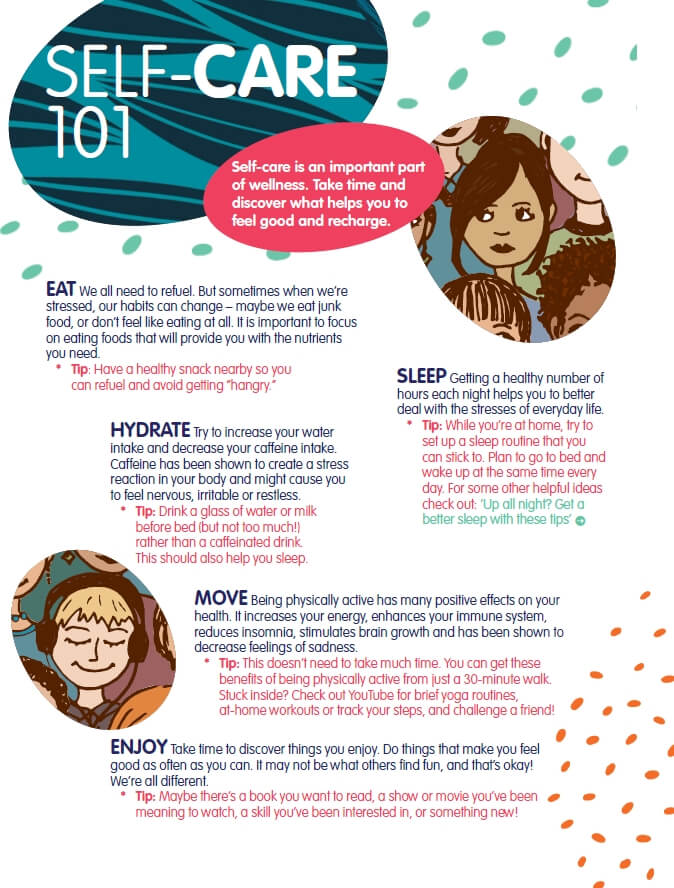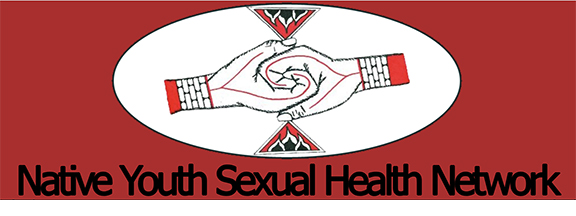Start by making healthy decisions about what you eat and drink, how active you are, and how much sleep you get!
If you’re like most teens, you’ve left your health care up to your parents. After all, they care about your health as much as you do. But nobody knows more about your body than you: You live in it and you’re the one who knows when something doesn’t feel right.
On this page:
Taking Charge
Start by finding out your basic medical information. Knowing this will help in an emergency. Ask your mom, dad, or whoever keeps your health information to give you these five things:
- The name, address, and phone number of your doctor(s).
- The details on medicines you take.
- Your personal medical history . Know what vaccinations you’ve had, whether you had any major medical problems, and the details of any operations or hospital treatments.
- Your family medical history. Ask family members if diseases like cancer or diabetes run in the family.
- Any allergies you may have.
Start Making Your Own Decisions. The more you learn about health care, the smarter your decisions will be — and the more comfortable your parents might feel with having you make them.
- Choosing your own doctor is one of the most important decisions you can make. Lots of people prefer to stay with their childhood doctor during the teen years
- Your doctor should be someone you feel comfortable talking to about anything—body image, dating, relationships, peer pressure to drink or do drugs, school problems, or depression
- Take all the time you need to find the right doctor. If you have to switch a couple of times, that’s OK
- Include your parents as you make your decisions
Here are some things you can start doing around age 14:
- Make your own medical appointments. Allergies acting up? Time for your sports physical? Tell your mom or dad that you want to be the one who calls to make the appointment. If it helps, ask your mom or dad to sit with you as you make your first call, or get a checklist of the things you need to say.
- Call in any prescription refills and pick them up at the pharmacy.
- Keep your own personal health records.
- Schedule alone time at each doctor’s visit. This lets you build your own working relationship with your doctor.
Here’s what to do by the time you leave high school:
- Have copies of your medical records — or know where to get them
- Know if your parent(s) have personal health insurance for everyday health care expenses that are not covered under OHIP
- Know how to get referrals to specialists, if needed
Visiting the doctor for the first time
From Canadian Living
• Be honest and open. The doctor needs to know your history – and you’re the historian. It’s important to answer questions truthfully and share any concerns.
• Respect yourself. You have the right to get good health care, to ask questions and get answers, and to understand what’s happening and why. You can say no.
• Make a list of things you want to know, and take it with you, so you remember what to ask.
• Be on time. If you need to cancel, give as much notice as possible (there might be a fee if you cancel without 24 hours notice).
• Be prepared to wait.
To get help navigating Ontario’s health care system and connecting with the programs or services you’re looking for, visit Health Care Ontario
Self Care 101

Resources

Telehealth Ontario is a free, confidential service you can call to get health advice or information from a registered nurse. If you are in a real emergency call 911.
Ministry of Health – Ontario Government

Hamilton Health Sciences


